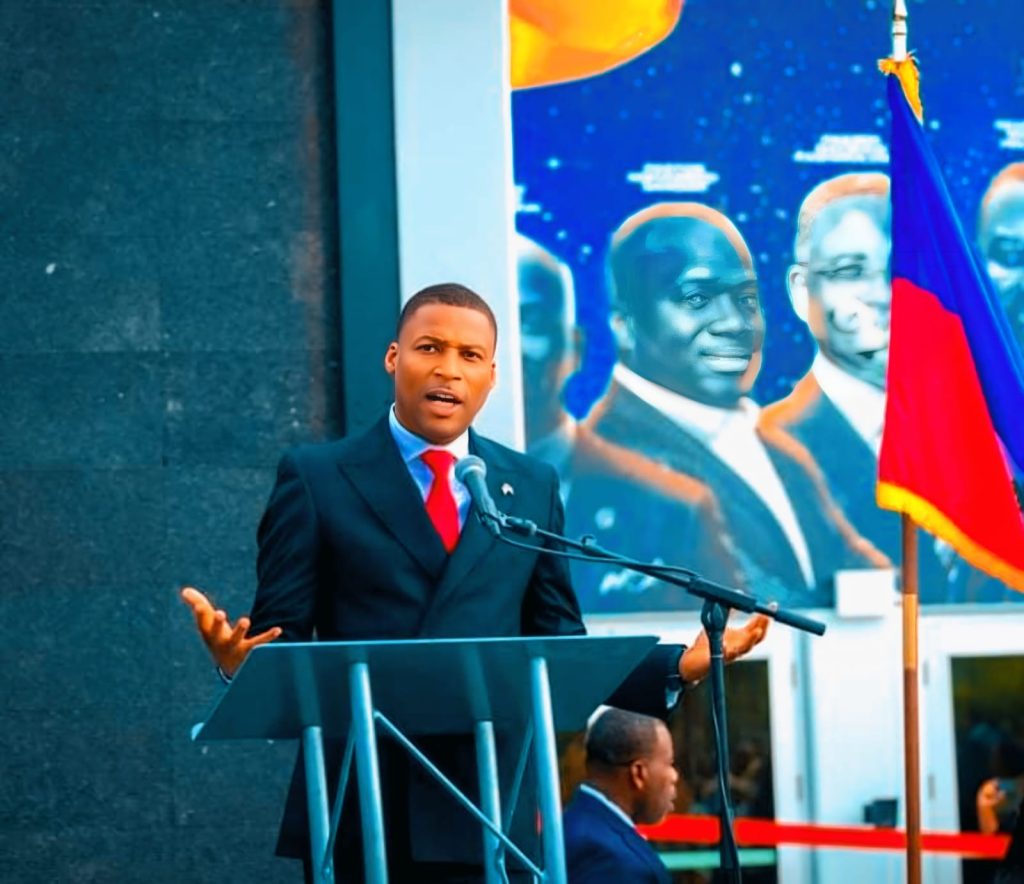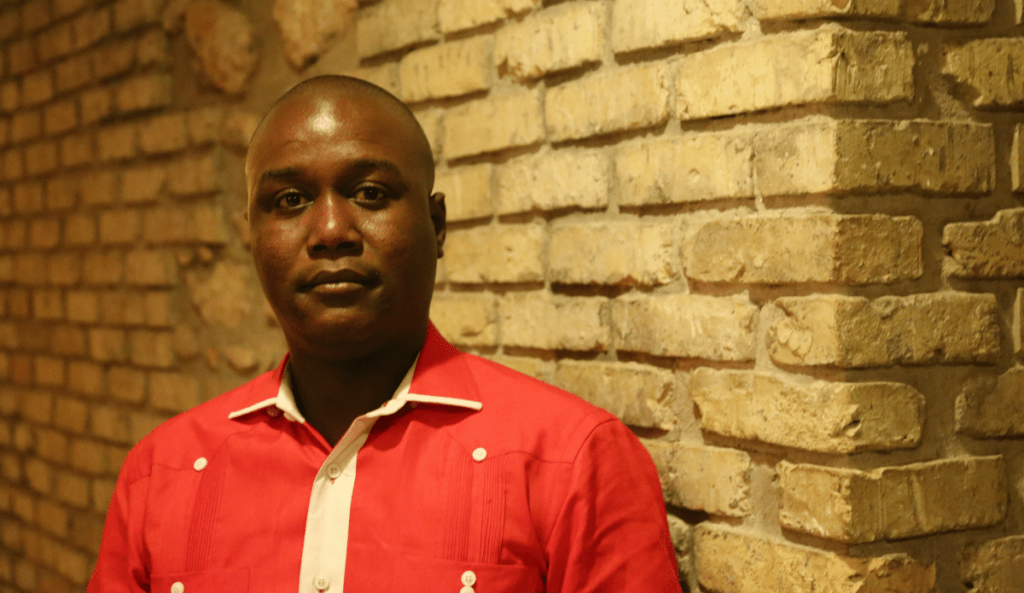Haiti: Setback for LGBT+ rights in the Caribbean
Moïse Manoël-Florisse, is an African-Caribbean online journalist keeping an eye…
New penal code allows anti-LGBT+ discrimination without penalty
Haiti has adopted a new penal code that strips LGBT+ people of protections against discrimination that they would have enjoyed under the previous draft of the law.
Adoption of the new penal code came late last month in the midst of the seemingly endless political, social, security, humanitarian and economic crisis in Haiti, where half of the population suffers from acute malnutrition, according to the U.N. Food and Agriculture Organization.
The new penal code had been scheduled to come into force in June 2024, but it was postponed for a year under pressure from evangelical Christians, who objected to its prohibitions against all forms of discrimination, particularly anti-LGBT+ bias..
The conservative Shekinah Evangelical Community in Miami, led by Pastor Gregory Toussaint, a native of Haiti, cheered the removal of protections for LGBT+ people in cases of discrimination.

A country in distress
Over the past five years, this issue, which has attracted the attention of Christian fundamentalists due to a number of proposed non-discrimination provisions towards the LGBT+ community, has become a recurring theme in Port-Au-Prince politics. The conclusion came on June 24, with the promulgation of the new Penal Code by the Council of Ministers, an action that under normal circumstances would have been left to the next elected parliament.
However, the continuing deterioration in security has made the prospect of parliamentary elections increasingly remote, despite the presence of an African police force deployed since June 25, 2024, at the request of the Haitian authorities, with the support of Caribbean island nations.
The last general elections in Haiti were held 10 years ago. Then, four years ago, President Jovenel Moïse was assassinated by a Colombian commando unit. The assassins’ identities remain unknown to this day.
An LGBT+ community without protection
Previous drafts of the new penal code stipulated in Article 362 that “any distinction made against natural or legal persons on the basis of their morals or sexual orientation” constitutes discrimination, with penalties provided for in Article 363 ranging from 1 to 3 years’ imprisonment and fines of 50,000 to 75,000 gourdes [between 350 and 523 euros].
However, today, these same articles no longer refer to sexual orientation, and the entire framework of the Penal Code has been purged of provisions protecting LGBT+ communities.
Furthermore, in criminal matters, the victim’s sexual orientation is deemed irrelevant even in homophobic attacks. It is no longer recognized as an aggravating circumstance in cases of murder (Article 248), violence resulting in permanent disability (Article 275), violence resulting in incapacity to work for a period of eight days or less (Article 278) and rape (Article 298).

Charlot Jeudy’s political legacy trampled on
Gregory Toussaint has written a letter of thanks to the Haitian authorities, in which he refers to the changes in the penal code as a step that preserves “freedom of religious expression and moral values.”
Acceptance of anti-LGBT+ discrimination is shameful, according to Guillaume Guy-Luly, an LGBT-friendly lawyer. He says that recent developments in Haiti have completely “scuttled” the accomplishments of the 2010s by Charlot Jeudy, the first openly gay activist in Haiti, who was assassinated in November 2019.
He also denounces what he described as the passivity and procrastination of LGBT+ organizations in Haiti, “which have not done enough to combat homophobia over the years”, preferring to focus on HIV programs, which have received more funding until the Trump administration froze U.S. foreign aid at the beginning of this year
“They have abandoned the political arena” in favor of the influential networks of “Gregory Toussaint, who does not even live in Haiti”, he laments.





Thank you for this article because it summarizes lgbtq ideology perfectly…. In a country where over a million children are not eating regularly, do not have access to quality education and face an incredibly uncertain future….and in a country where well over a million people are completely displaced and have nowhere to live…..the priority should be special rights for the select few with unique sexual preferences. Sounds about right.